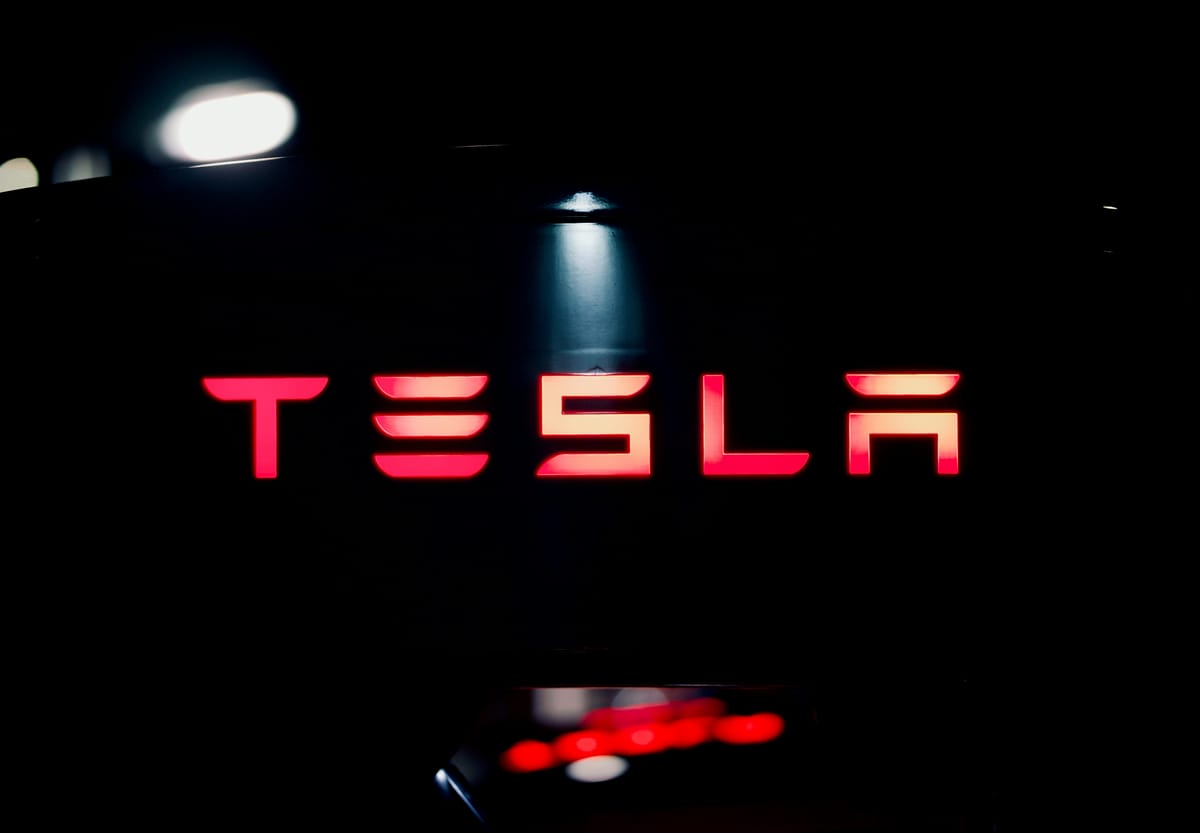California DMV Seeks Suspension of Tesla’s Licenses Over Self-Driving Claims

Regulators Say Tesla Misled Consumers With Marketing Terms
SACRAMENTO, Calif. — The California Department of Motor Vehicles is seeking to suspend Tesla’s licenses to manufacture and sell vehicles in the state, alleging that the electric carmaker misled consumers by promoting its driver assistance features in ways that falsely suggest its cars are fully autonomous.
In a trial brief filed on July 17, the DMV accused Tesla of using terms like “Autopilot” and “Full Self-Driving Capability” in marketing materials that could create a false impression about what the vehicles can actually do. According to the agency, these terms gave the public the impression that Tesla’s vehicles could operate without human input, which is not the case.
Focus on 2021–2022 Marketing Language
The DMV’s complaint centers on advertising language used on Tesla’s website during 2021 and 2022. Statements on the site suggested that vehicles could drive themselves to calendar appointments, navigate complex intersections, and park without driver involvement. While Tesla's technology requires drivers to stay fully engaged at all times, the DMV says the advertising told a different story.
Under California law, only vehicles operating at Level 3 or higher on the Society of Automotive Engineers’ (SAE) automation scale are considered autonomous. Tesla’s systems are rated at Level 2, meaning a driver must remain in control at all times.
New Law Prompted by Tesla Marketing
In 2022, California enacted Vehicle Code section 24011.5, a law that prohibits companies from using names or descriptions for driver assistance features that would lead a reasonable person to believe a vehicle is self-driving. Legislative records show that the law was drafted in part due to safety concerns arising from Tesla’s use of terms like “Autopilot” and “Full Self-Driving.”
The DMV argues that Tesla’s use of these terms violates the new law, as well as other state consumer protection statutes including the Consumer Legal Remedies Act. The agency also contends that disclaimers or fine print elsewhere in Tesla’s materials do not shield the company from liability when prominent marketing terms mislead the public.
Hearing Underway, Witnesses Testify
A five-day hearing before the California Office of Administrative Hearings began this week. The DMV plans to present testimony from two witnesses: a supervising officer from the DMV’s Valley Area Command who investigated the company’s advertising, and a legal expert on automation who serves on the SAE’s On-Road Automated Driving Standards Committee.
Tesla is expected to argue that the laws it allegedly violated are unconstitutional or that its consumer disclosures were adequate. But the DMV says it cannot disregard laws unless a court has found them unconstitutional. It also cited legal precedent stating that misleading commercial speech is not protected under the First Amendment.
DMV Seeks License Suspension and Restitution
The DMV is asking that Tesla’s licenses be suspended for a minimum of 30 days. The agency is also seeking restitution, though the amount has not yet been determined. The outcome of the hearing could have significant consequences for Tesla’s operations in California, its largest U.S. market.
